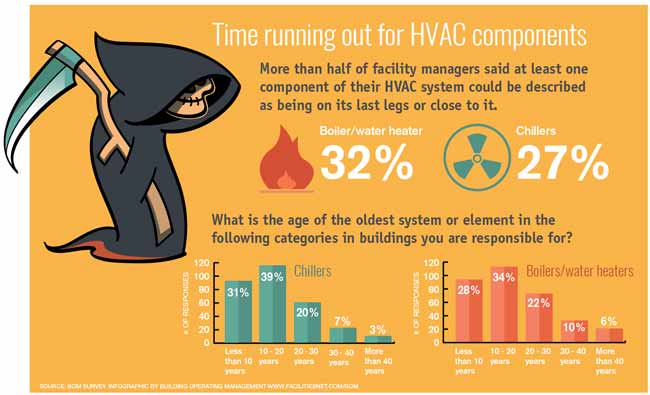Exploring The Environmental Advantages Of Warmth Pumps - A Sustainable Home Heating Solution
Exploring The Environmental Advantages Of Warmth Pumps - A Sustainable Home Heating Solution
Blog Article
Created By-Dickinson Stampe
In an age where sustainability and energy performance are extremely important, many businesses seek eco-friendly heating options. One such service is the heat pump.
A heat pump draws out the heat in its environments and pumps it into your home, resulting in among one of the most effective green central furnace around. This procedure likewise creates zero greenhouse gas emissions, making it a very lasting innovation.
Power Efficiency
Heatpump are really power efficient and require little maintenance. They make use of less electricity than various other furnace and are without a doubt the most eco-friendly. They function well with roof solar and can commonly spend for themselves in energy cost savings alone.
They can also give air conditioning, which is great for garage workshops, attic room hangouts and bonus offer rooms, and home additions without extending the existing ductwork. They can even be made use of for retrofits in existing homes with hydronic (water-based) circulation systems such as low temperature radiators or radiant floorings.
Try to find designs with SEER and HSPF scores that fulfill or go beyond Canada's minimum standards, in addition to the standards in your area. Higher scores indicate better effectiveness, which saves you money over time and lowers your carbon footprint. You may even get approved for rebates and rewards! The best devices are those with a ground heat exchanger for added efficiency. These systems can take in thermal energy from the ground throughout the winter season and remove it in the summer season.
Decreased Greenhouse Gas Emissions
Heat pumps run on electrical power and basically move warmth from the air, also when it's cool outside. visit here have the ability to remove the free warmth entraped in air bits and move them inside your home, lowering moisture while doing so.
Compared to gas heaters, modern heatpump utilize less than one kilowatt of electrical power per kilowatt of heating power they generate. This makes them the most energy efficient heating alternative readily available with a COP (Coefficient of Efficiency) of four or even more. By slashing the demand for nonrenewable fuel sources, heat pumps help reduce greenhouse gas emissions and reduce other major air pollutants.
Structure decarbonization is a global necessary, and the HVAC field is an essential vehicle driver of that process. Whether it's investor making web absolutely no dedications, plan manufacturers setting exhausts limitations, or tenants requiring greener areas, electric heat pumps are being recognized as an essential option. ventilation systems are a cost-effective way to reduce carbon discharges by eliminating the need for nonrenewable fuel sources in structures.
Adaptability
Heatpump can be utilized in several kinds of homes and structures-- with or without ducts. They work with hot-water radiators, air-conditioning and programmable thermostats. They can replace heating systems or be installed in new homes. They can operate on photovoltaic panels, geothermal systems or perhaps district heating sources like wastewater.
They're great at providing more warm per energy unit. For example, an air-source heatpump creates as much as three or even more heating units from each electricity device it takes in.
Getting the most from your heat pump will depend on your climate zone and top quality of insulation. Try to find versions with ENERGY celebrity scores and compare their SEER or HSPF specs. In warmer climates, focus on SEER; in chillier areas, consider a system with a higher HSPF rating. In addition, purchase air sealing and insulation to lower the load on your heatpump. That will certainly improve power efficiency and help you reach your Web Zero goals quicker.
Biomass Boilers
Biomass central heating boilers make use of wood pellets, chips or logs to create heat and warm water. They are a great choice for off-grid homes or those who intend to get off the gas grid.
As a standalone heater, biomass can give adequate power to maintain your home cozy all the time without the common warmth drop off of other eco-friendly technologies. They can also be made use of along with photovoltaic panels to increase savings and gain from RHI repayments.
A disadvantage of these systems is the ahead of time cost and regular fuel distributions. Commonly, pellets will certainly need to be blown right into a fuel store using a vacuum cleaner system or they can be by hand fed right into the boiler with a receptacle. Logs are generally self-sourced from nearby timberland or bought in bulk. Along with this, they call for hand-operated loading and might need cleansing regularly.